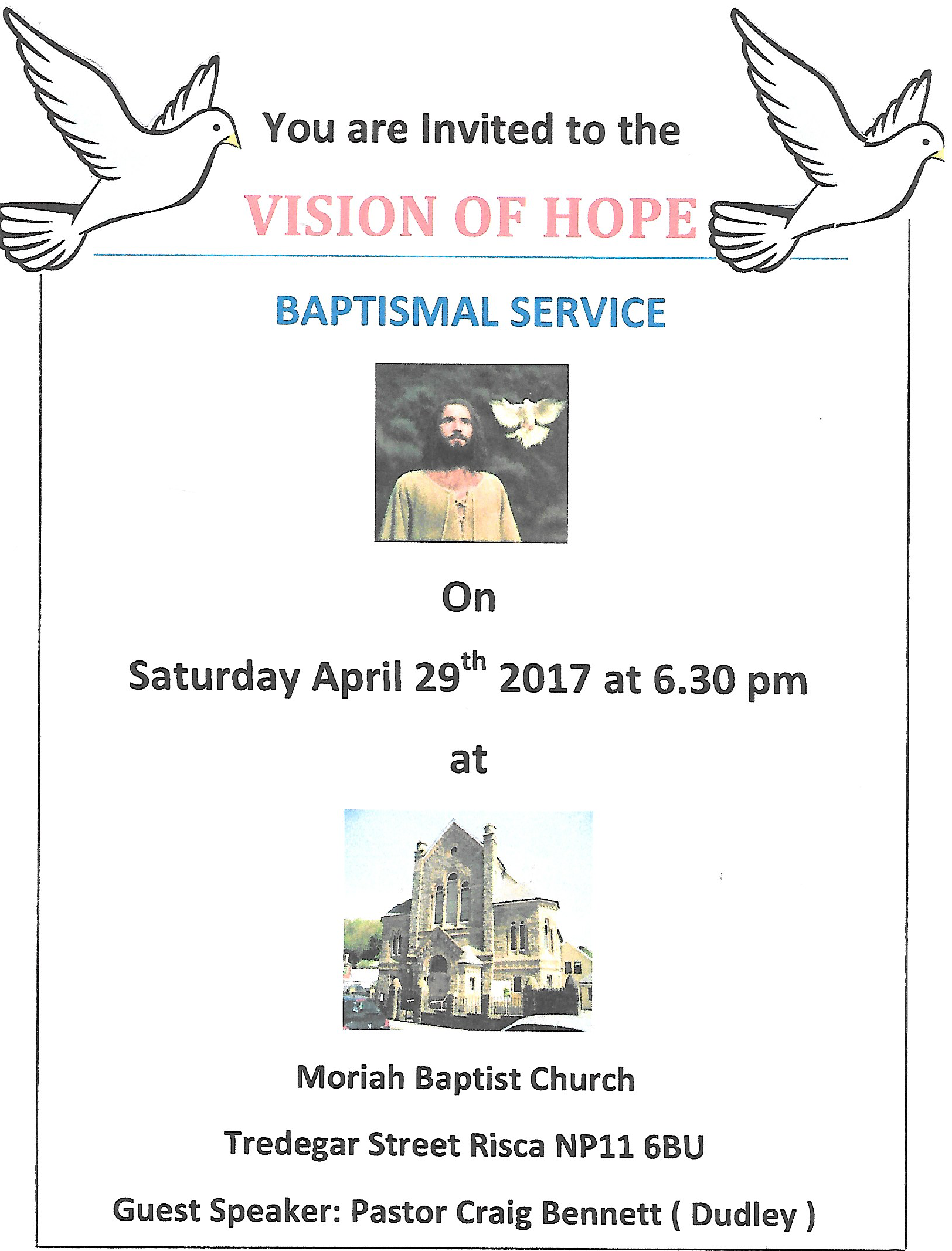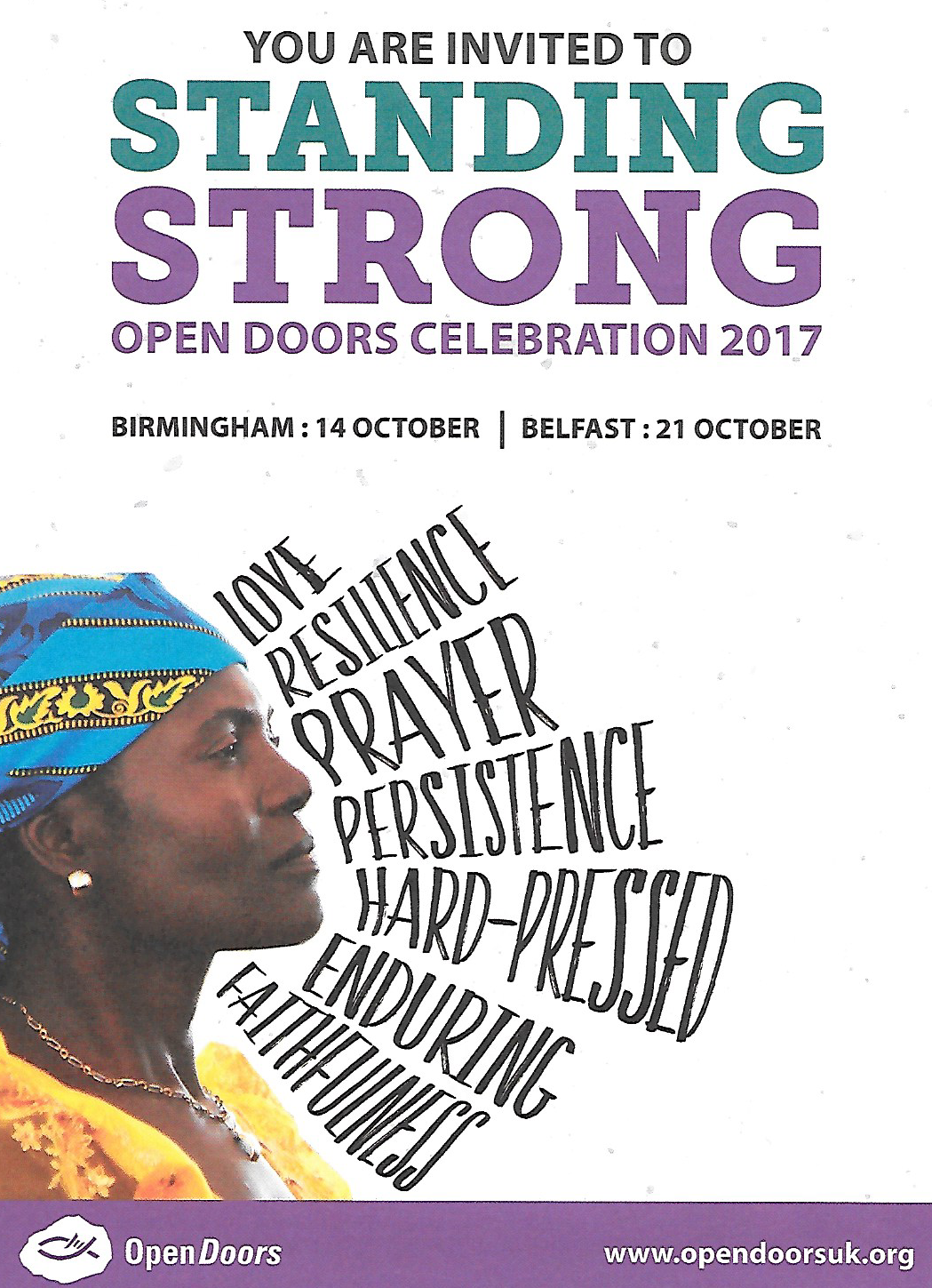We support the many midwives who oppose Diana Johnson MP’s Ten Minute Rule Bill seeking to introduce abortion on demand, up-to-birth, for any reason, on Monday 13th March 2017.
The “decriminalisation” of abortion means the total removal of all legal restrictions on abortion. There would be no grounds on which abortion could not take place and no ‘upper’ gestational time limit.
This point has been acknowledged by abortion provider BPAS, the backers of this Bill, who’s CEO, Anne Furedi, at the launch of their campaign for decriminalisation stated “I want to be very, very clear and blunt… there should be no legal upper limit.”
I oppose Diana Johnson MP’s Bill for the following reasons:
-
This is an extreme and radical legislative proposal.
-
The proposal is out of touch with the views of the British people.
-
One YouGov poll showed that 88% of women in the UK either want to keep the current law and time limit as it is, or restrict it further. This contrasts with the 2% of women who wanted to see an increase in the abortion time limit beyond 24 weeks, let alone birth.
-
Last year, the Royal College of Midwives’ support for BPAS’ abortion-up-to-birth campaign saw a serious backlash from over 1,000 midwives who protested against the RCM’s position.
-
The situation would allow for far greater abuses than have already occurred under the current law.
-
Already within our current legal framework we have seen doctors pre-signing abortion forms, gender-selective abortions being offered, live babies being left to die following abortions that have gone wrong and children with minor disabilities, such as cleft palate, being aborted. In this context, where the current law is supposed to be preventing such appalling practices, the thought of allowing abortion on demand up to birth is seriously worrying.
-
The abortion industry have proven that they cannot be trusted.
-
-
In 2015, 98% of abortions were funded by the NHS. Of these, over two thirds (68%) took place in private abortion clinics (e.g. Marie Stopes International and BPAS clinics) under NHS contract.
-
In August 2016, however, the Care Quality Commission had to step in to protect patients from potential harm at Marie Stopes abortion clinics. The December 2016 report showed doctors had been bulk-signing abortion consent forms, babies remains had been left in open bins, women were left at risk of infection, staff were not trained in how to respond to deteriorating patients and post-surgery safety checks were being completed before the surgery started. If these kind of breaches in patient safety protocols were occurring under the current law and close inspection of clinics, what will happen when all legal restrictions are lifted from abortion practice?
The British public prides itself in being a reasonable, humane and tolerant society. Such an extreme and radical proposal has no place in the UK.




